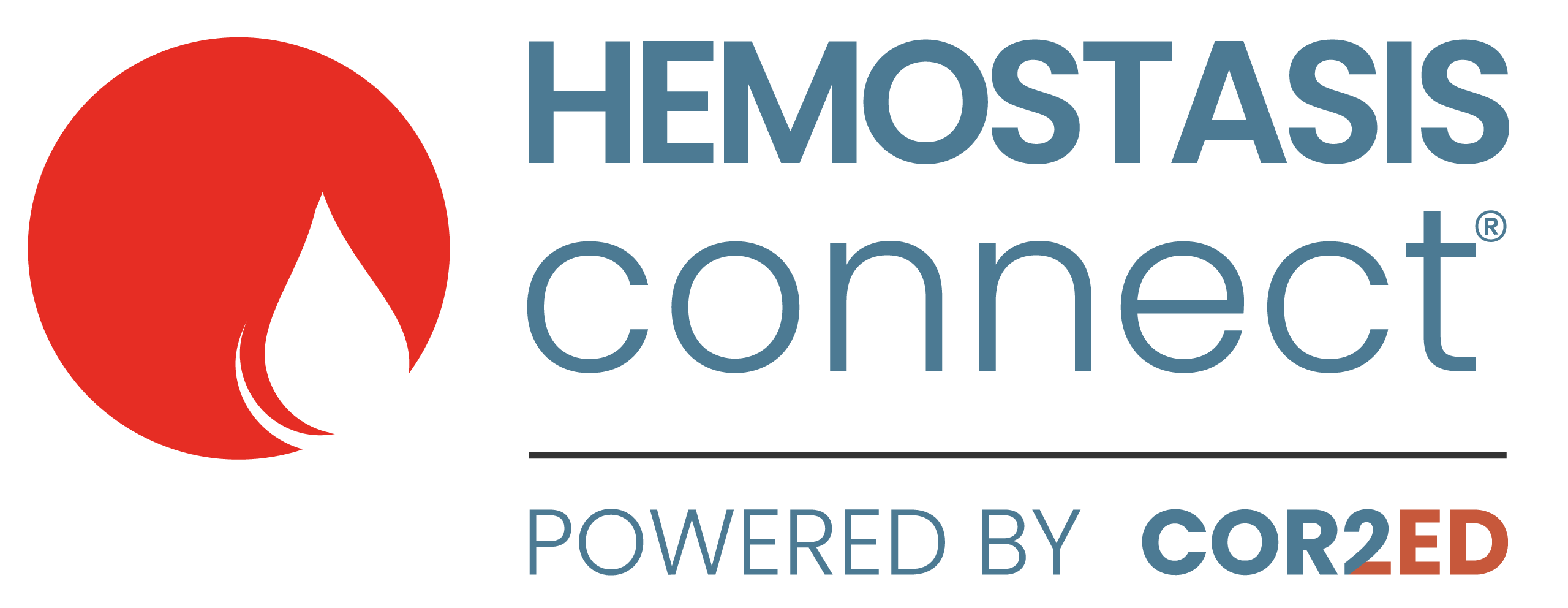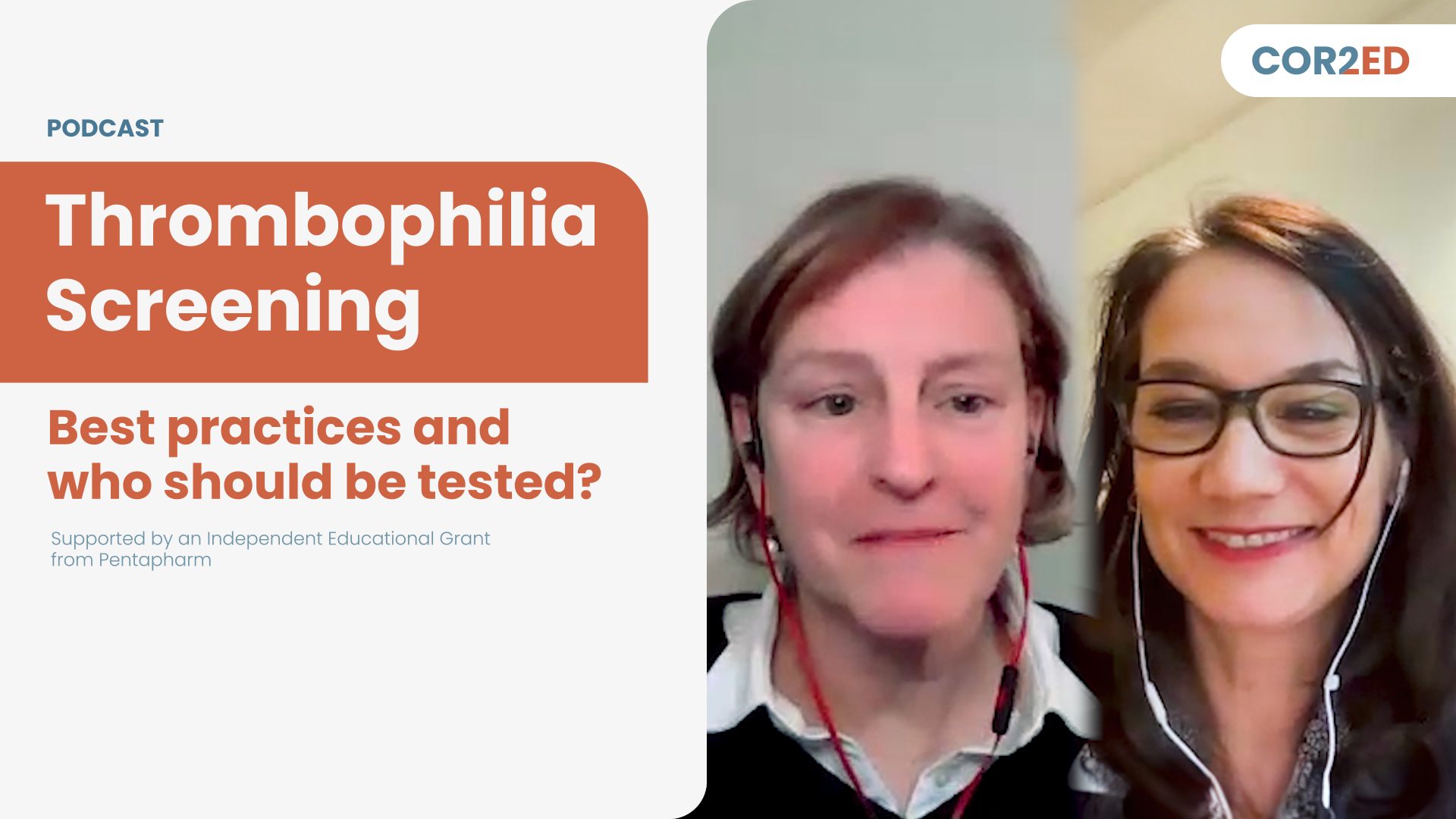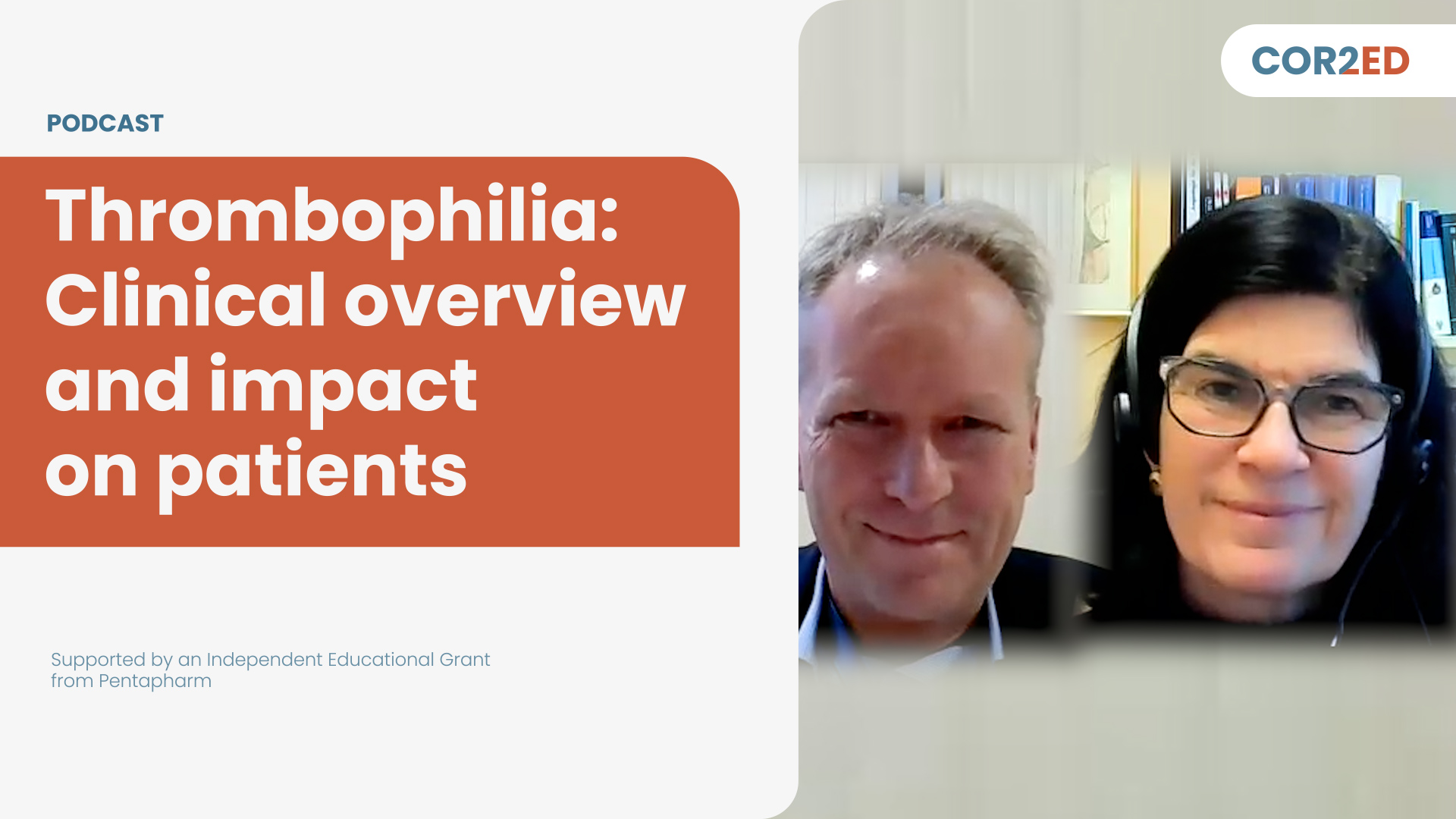Listen to expert haematologists discuss anticoagulation monitoring in this educational podcast episode. You'll hear Prof. Tsakiris and Assoc. Prof. Nagler talk about:
-
Direct oral anticoagulants (DOAC) monitoring scenarios
When DOAC monitoring is necessary for acute situations like bleeding, surgery and thrombolysis, while recognising its limitations
-
Selective anticoagulation monitoring
Differentiating routine monitoring from critical drug level assessments and the impact on clinical decisions and patient care
-
Anti-Xa advantages
The benefits of Anti-Xa assays for anticoagulation monitoring, including potential standardisation and shifting from traditional assays for unfractionated heparin
E-learning
After listening to the podcast series, take the e-learning assessment to test your knowledge and earn CME credits.
Clinical Takeaways
-
DOAC monitoring is useful in special situations, but need not be done on a routine basis
-
DOAC choice and dosing should be guided by individual clinical characteristics rather than the monitoring results
-
Anti-Xa assays have key advantages in the determination of DOAC drug levels and in the monitoring of unfractionated heparin
-
Patients with vitamin K antagonists should be monitored in designated treatment programmes such as patient self-management











 Downloadable
Downloadable  21 MIN
21 MIN
 May 2025
May 2025 





